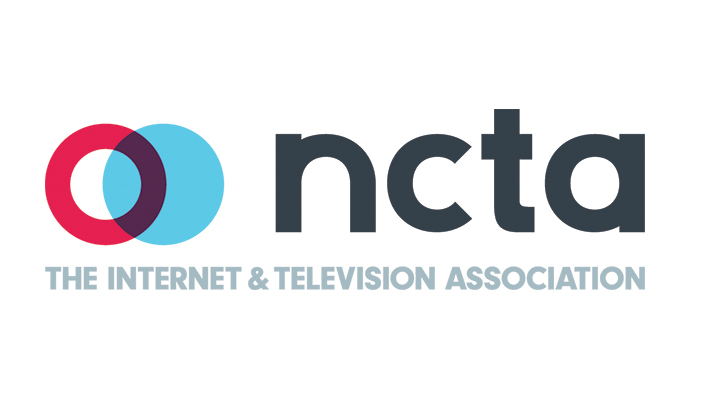Rural Broadband: Go Big and Stay Home
The smarter way to stay on top of the multichannel video marketplace. Sign up below.
You are now subscribed
Your newsletter sign-up was successful
Cable operators are telling the FCC that if it wants to attract cable operators and other terrestrial broadband providers to its massive subsidy program for rural broadband buildouts, it should retain census blocks as the smallest biddable unit in the Rural Digital Opportunity Fund (RDOF) reverse auction.

That is the $20 billion subsidy over 10 years for building out broadband to rural areas.
The FCC has asked whether it should stick with that unit, which it used for the Connect America Fund program that has morphed into RDOF, or go to larger census tracts.
NCTA–The Internet & Television Association has suggested that if the FCC goes big, cable operator bidders may stay home. The reason is that if the FCC changed to larger, census-tract blocks, cable operators might not bid because many will be expanding their current networks and it would not be economical in some cases to have to build out huge tracts of land as it were.
That could put a thumb on the scale for satellite providers, who are generally the broadband of last resort for high-cost, hard-to-reach areas, NCTA said.
The smarter way to stay on top of the multichannel video marketplace. Sign up below.
Contributing editor John Eggerton has been an editor and/or writer on media regulation, legislation and policy for over four decades, including covering the FCC, FTC, Congress, the major media trade associations, and the federal courts. In addition to Multichannel News and Broadcasting + Cable, his work has appeared in Radio World, TV Technology, TV Fax, This Week in Consumer Electronics, Variety and the Encyclopedia Britannica.

